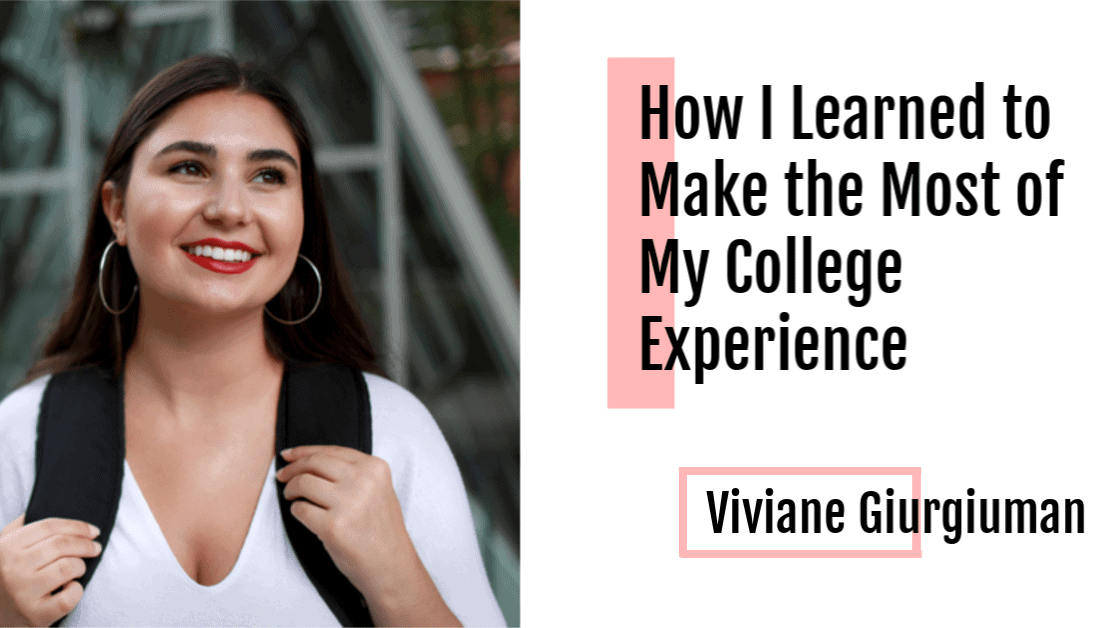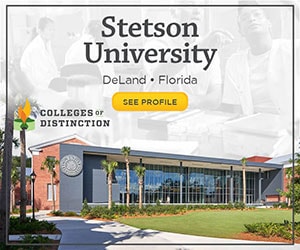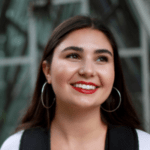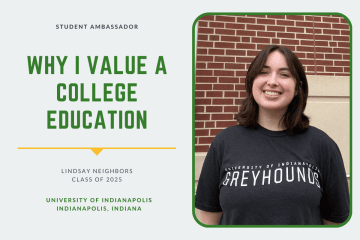How I Learned to Make the Most of My College Experience
Making the decision to attend college in the US as a first-generation American was a complex process. When I confirmed my acceptance to Seattle University, I was overwhelmed with excitement, but I also started to panic once I began calculating personal financial matters.
In my mind, every decision from which dorm hall or meal plan I would choose was just more money added to the stack of loans I would graduate with.
My moment of panic regarding finances happened more than once, but my dad told me to remember that I was making a financial investment in myself.
This has been a driving factor of my motivation, because I remind myself that the more I succeed, the better I set myself up to pay off the investment in ‘me.’
I started my freshman year by interning with the Seattle University Marketing Communications department and becoming an active member of the Public Relations Student Society (PRSSA) chapter on campus. I was able to connect myself with the University on a deeper level and still have time to network off-campus. Around this time, I was able to make more connections on LinkedIn and have a better idea of what I wanted to focus on while studying.
During my time as an intern, I helped create and execute the first-ever ‘Live Campus Tour’ with the Admissions department. After a few successful shoots together, I applied and was hired on as a Student Admissions Ambassador. This was a great opportunity to transition to a different job, build my résumé, and make money on the side.
I found that working a paid on-campus job is the best of both worlds for students needing to financially support themselves while attending school full time.
As my first year was coming to a close, I became President of the PRSSA chapter and took advantage of any and all networking opportunities throughout the upcoming school year. As a sophomore, I was able to contribute to the marketing department, work with the admissions office, run a club, and attend school.
During my second year, I frequently attended campus career fairs, networking events, and guest speaker events. This opened me up to the job search in Seattle and all the best ways to benefit from campus-affiliated events for my future career. I had opportunities off-campus with PRSSA to attend conferences, which is where I had great chances to meet face-to-face with professionals and learn valuable information.
After meeting the Director of Corporate Communications of LinkedIn at a PRSSA conference in Seattle, I made it a point of focus to keep my LinkedIn updated and actively connect with professionals I have met. Applying what I learned to my profile helped me get spotted by a recruiter for The New York Times, who offered me a developing position as a Seattle-based Event Coordinator on behalf of the company.
I am towards the end of my junior year, and I have set myself up in a position where I no longer feel an overwhelming panic about finances. I have taken full advantage of my education by utilizing all the resources internally and externally. After I graduate, I will have set myself up in a comfortable position to start my career and begin paying off loans. This would have not been possible without being proactive and staying motivated.
My school year is on the quarter system, meaning I can be done with classes by 12:30 PM, work a shift, hold a club meeting, and focus on homework with plenty of time left in the day. Spacing out my responsibilities and extracurricular activities, taking advantage of the free tutoring in the library and many other academic resources, and keeping a color-coded calendar are all part of my recipe to making the most of my university experience.
Meet our Ambassadors!
If you are interested in getting involved in our Student Ambassador program, contact Erin Pettus at erin@collegesofdistinction.com.
Learn More About Seattle University
Seattle University is consistently recognized among the top universities in the West with a full range of undergraduate and graduate programs. Founded in 1891, this is Seattle’s university. Seattle U has more than 7,400 students on its 55-acre, carbon-neutral campus, which is set in the heart of a city of commerce, community, global engagement, and forward-thinking industries. The university has long-standing partnerships with many of the world’s most innovative businesses, medical centers, and nonprofits.






